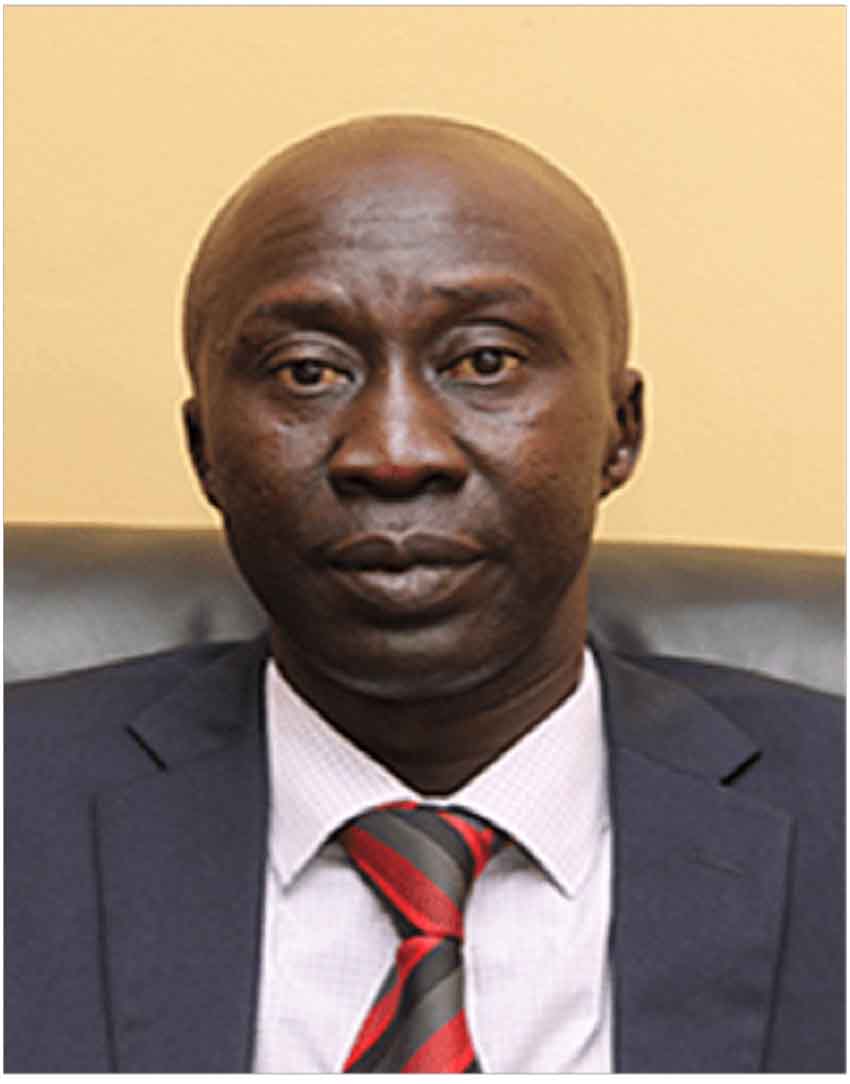By Awa Sowe
International migration is becoming an increasingly important feature of the globalizing world and the management of this phenomenon is growing in complexity. International migration can have both positive and negative consequences. If properly managed, it can benefit all stakeholders. However, irregular migration can create a variety of adverse effects at the individual, national and international levels; such as exploitation of migrants, social tensions and instability.
Thus, more and more countries are searching for strategies for effective migration management and developing mechanisms and instruments necessary for its implementation.
The Managing Director of the Gambia Ports Authority (GPA), Mr. Ousman Jobarteh recently stated in a briefing that capacity development is the solution for irregular migration. “The Gambia struggles with the truculent issue of youth migration to the EU irregularly, and the country has to leverage its human capital,” he said in a recently held briefing.
Mr Jobarteh added that there is transformation in terms of governance and leadership in the country with new instruments introduced, bills passed at the National Assembly, which is all gears to improving the governance environment.
“Once that is done, then the sectors now have to reciprocate it by ensuring that services are delivered to meet the expectations of the public and you would realise that one of the important aspects is to develop skills and human capital in this country because we are endowed with human resources that can be transformed to add more value” the GPA boss stated.
He emphasised that as a country, if we want to reduce unemployment and fight the Backway Syndrome, we have to empower youths and make them self-employed through capacity development.
Mr. Jobarteh said since 2006, the GPA has been rendering financial support to UTG students through Operation Promote Excellence in Sciences (OPES) to help develop capacity in the Science field, adding that the Authority used to offer scholarship packages to more than 150 students at the cost of D8M annually.
In 2019, he intimated, the Authority changed the package to include STEM education.He revealed that they are now thinking of investing in capacity development like skills training. “The artisanal sectors can also be developed, particularly targeting youth, women, and less-privileged members of society so that they can go into trades that are self-employing”.
Mr. Jobarteh affirmed that people should be empowered with skills to be able to lawfully travel to foreign countries to learn new skills and personally develop themselves and contribute to the socio-economic development of the country.
Director Jobarteh, said that there is a huge need in the market for a functional shipyard in the country.
“With regards to the Banjul Shipyard, it’s a facility for ship repair and we are the primary beneficiary in the sense that we operate harbor crafts, we run the ferries and there are industrial and artisanal fisheries sectors that we serve and if you look along the coastline, there are few shipyards that are around”.
He said attempts have been made to get a private investor, who is interested in investing in the capacity development and the rehabilitation of the Banjul shipyard. He went on to explain that arrangements are on the way to negotiate a contract.
He also highlighted the SBV model, where the authorities could hold shares in the company just to assure that there would be job security, new investment opportunities created for Gambians, and skills would be developed.
On the Banjul Fisheries Jetty, Mr. Jobarteh said the GPA provides financial and managerial support to the jetty because of the synergy of their operation to the Port, but that it is a facility owned by Fisheries. “There is a landing site for fish. Fish is brought to The Gambia and GPA is providing support to run the facility”.
He concluded that the facility is self-sustaining in terms of revenue generation to cover its functions but the strategy is to invite private sector investment in the development of subsidiary facilities that would add value to the fisheries, as it has the potential for employment creation.




